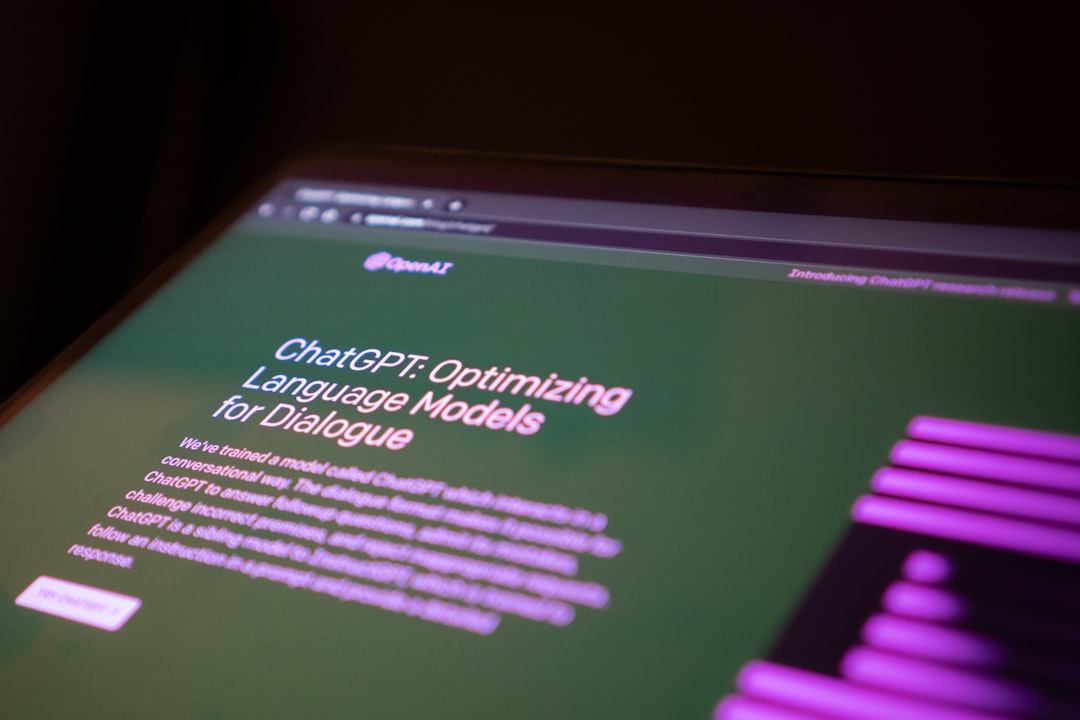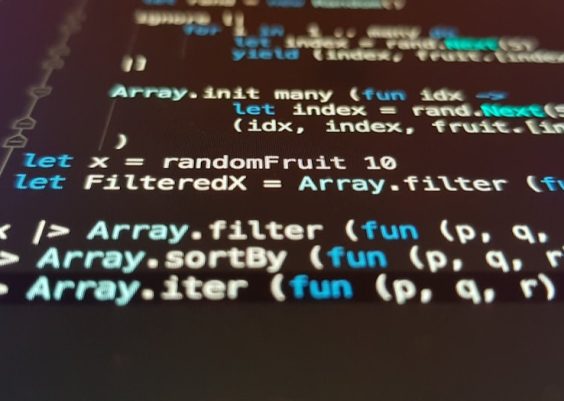In 2025, AI-driven conversational platforms continue to redefine how users interact with machines, blurring the boundaries between human and artificial communication. Among the front-runners in this transformative landscape are PolyBuzz and Character AI, both offering advanced AI chatbot capabilities tailored for different user experiences. As businesses, content creators, and casual users increasingly depend on these platforms, a thorough comparison of their features, strengths, and limitations is crucial for making informed choices.
Contents
Overview of PolyBuzz
PolyBuzz emerged as a significant player in AI-driven conversations by focusing on personalized dialogue generation and open-ended user interaction. It combines advanced natural language processing with a rich library of unique personalities or “buzzlets,” each designed for specific use cases including companionship, mental wellness, creativity, and role-play.
One of PolyBuzz’s standout features is its multi-character simulation, allowing users to create and interact with groups of characters at once. This fosters complex conversational ecosystems that are becoming increasingly favored for storytelling, AI-driven games, and simulated role-plays.
Another key advantage is its strong integration of emotional intelligence. PolyBuzz’s characters are designed to respond not just contextually, but emotionally, adapting replies based on user sentiment over time.
Overview of Character AI
Character AI continues to hold a dominant position in the market thanks to its innovative blend of ease-of-use, powerful language models, and active community engagement. Centered around the idea that users can interact with famous personalities, fictional characters, or user-created personas, Character AI delivers rich, immersive chat experiences.
Character AI emphasizes community-driven experiences. Users are encouraged to create, customize, and refine characters, driving innovation through crowdsourced enhancements. Each interaction helps improve AI responses as the system learns from user feedback and preferences.
Moreover, Character AI provides a streamlined experience with a simple, accessible UI and fast response times. It appeals to users who want a plug-and-play solution without advanced customization or technical overhead.
Feature-by-Feature Comparison
Here’s how PolyBuzz and Character AI compare across several critical dimensions:
1. Customization
- PolyBuzz: Offers deep customization options including multi-threaded dialogue trees, integrated memory, emotional parameters, and context persistence over sessions.
- Character AI: User customization is mainly focused on traits and initial prompt configuration. There’s less emphasis on nuanced emotional tweaking or memory integration.
2. User Interface
- PolyBuzz: Comprehensive dashboard with layered control and a character matrix overview suitable for advanced users.
- Character AI: Clean, minimalist design prioritizing ease of access. Ideal for light users and those who prefer simplicity.
3. Performance and Speed
- PolyBuzz: Responses are thoughtful and context-rich but sometimes slightly delayed depending on character complexities and emotional mapping.
- Character AI: Fast and responsive, offering quick interactions but sometimes at the cost of depth and nuance in replies.
4. AI Learning & Adaptability
- PolyBuzz: Continuously learns from emotional tone, themes, and memory recall. Adapts over time to match the user’s style and mood.
- Character AI: Learns from individual threads without long-term conversation memory. Some adaptive behavior, but limited to the scope of a session.

5. Community and Social Interaction
- PolyBuzz: Features a growing community around storytelling and voice acting. Less community content creation compared to Character AI.
- Character AI: Built around highly active forums and content sharing. Users frequently create and share roles, boosting dynamic growth in characters.
6. Security and Privacy
- PolyBuzz: Offers private group modes, memory encryption, and local data storage options for premium accounts.
- Character AI: Cloud-based storage with anonymous usage but limited in fully private settings and custom data policies.
7. Use Cases
PolyBuzz:
- Creative writers and novelists developing character arcs
- Mental health enthusiasts needing emotional validation tools
- Role-players seeking deep personality simulations
Character AI:
- Fans wanting to talk with iconic characters or celebrities
- Casual users looking for quick entertainment
- Early learners and youths experimenting with text AI
Pricing Structures
In terms of financial considerations, both platforms have introduced structured subscription tiers tailored to various needs.
- PolyBuzz: Offers a free tier with basic avatars. Premium plans start from $10/month and include unlimited character creation, emotion memory, and API access for developers.
- Character AI: Offers unlimited chats for free with occasional rate limits. Premium ‘Pro’ plan starts at $9.99/month and promises priority access and faster response times.
Pros and Cons Summary
PolyBuzz
- Pros: Exceptional emotional depth, group chat with multiple AIs, advanced customization
- Cons: Steeper learning curve, slightly slower in complex conversations
Character AI
- Pros: Easy to use, highly engaging, fast responses
- Cons: Limited session memory, fewer customization features
Final Verdict
PolyBuzz and Character AI serve overlapping yet distinct user bases. If emotional complexity, personalization, and storytelling precision matter most, PolyBuzz is the superior choice. However, for users who prioritize speed, ease of use, and community-created characters over deeply personalized conversation, Character AI remains a top-tier option.
Ultimately, the selection in 2025 comes down to personal preference in terms of depth versus accessibility. Both platforms are continuously evolving and investing in AI learning models, suggesting an exciting road ahead for conversational AI enthusiasts.
FAQ
- Q: Can I use PolyBuzz without a subscription?
A: Yes, PolyBuzz offers a free basic plan with limited buzzlets and memory features. Premium plans unlock extended options. - Q: Does Character AI save my chats between sessions?
A: Chats are stored per session, and ongoing memory across sessions is limited unless manually managed by users. - Q: Which platform is better for mental health support?
A: PolyBuzz focuses more on emotional intelligence and empathetic replies, making it a better fit for supportive experiences. However, neither platform should replace licensed therapy. - Q: Can I create my own characters on both platforms?
A: Yes, both allow user-generated characters, though PolyBuzz provides more control over emotional depth and memory settings. - Q: Are there mobile apps available?
A: Character AI currently offers a mobile-optimized web version and Android/iOS apps. PolyBuzz is working on an official app expected to release mid-2025.




